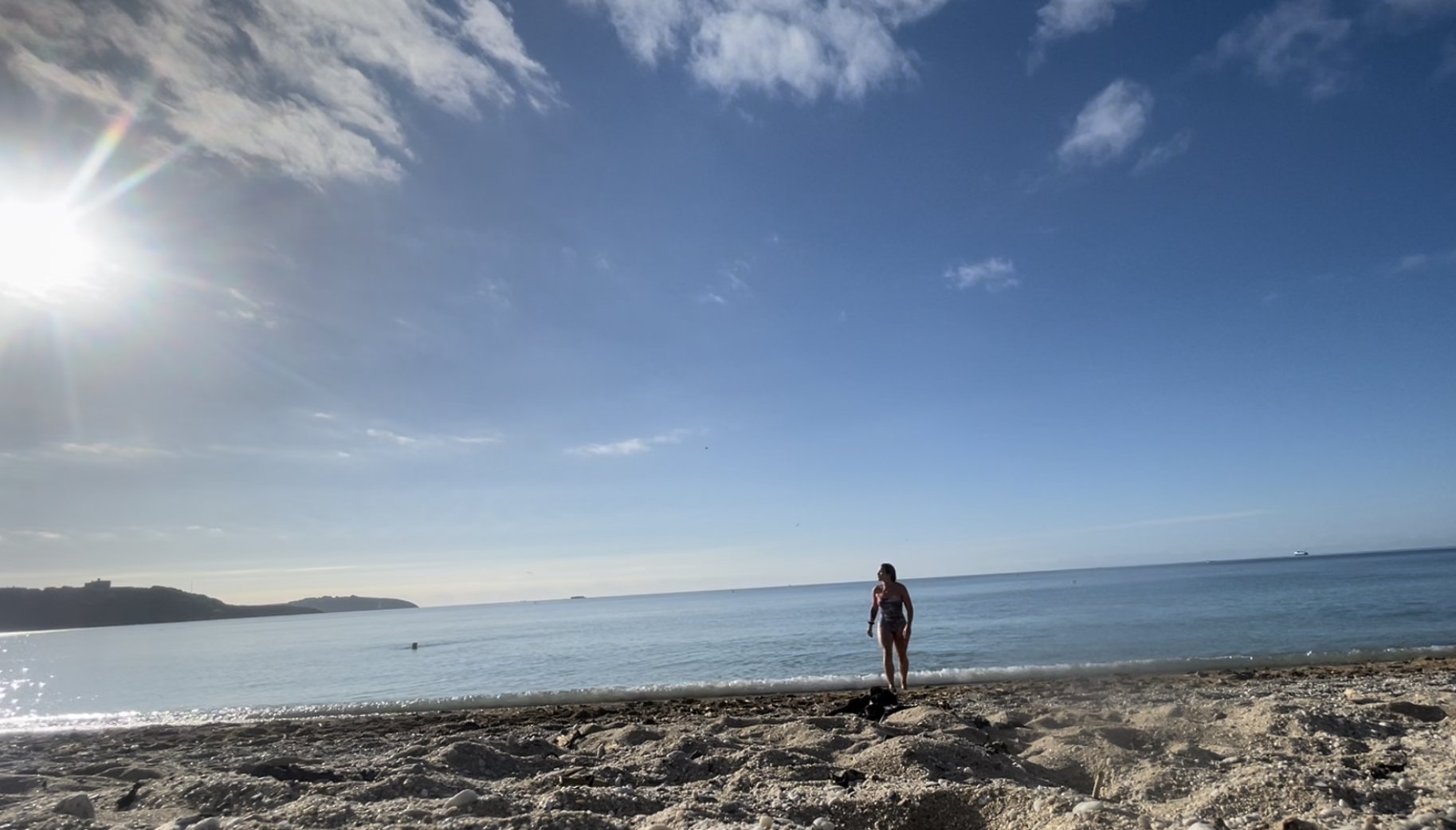Women’s Health: Days 1-10
So, I’ve decided to put a couple of posts out on hormonal health with little snippets of how we can help ourselves and work with our bodies during each part of our cycle to just feel better overall in health and training. Before I start I’d like to remind y’all that I am NOT an expert or scientist of this - I am simply conveying across information I have read myself though various resources (mainly Fasting Like A Girl by Dr Mindy Pelz - please go and buy if you’d like to get more into the depths of this info!).
I wish that I had easier access to such knowledge when I was younger to be honest, in fact before my period started probably would have been great so we could make fully informed decisions about contraception, know what is happening to our bodies every month and know much more than the fact that we will bleed once a month, feel like shit with cramps, mood swings, craving chocolate and to just get on with it because that’s life when. you’re female. But I think having knowledge would have softened the blow and given us the ability to try and help our bodies than unknowingly probably working against them.
Anyway, aside from having massive rant and feeling stupid about it taking so long for me to genuinely look into it (after a big health scare which really just rocketed me into caring more about my body than I ever have - but I might delve into that another time), I’ll get on with getting across some important and potentially helpful points.
DAYS 1-10, AKA The Power Phase (as named by Dr Mindy in her book).
What actually happens?
If you’re as naive as I was, I didn’t realise that Day 1 is the day we start bleeding.
Our sex hormones are at their lowest on day 1, and then oestrogen starts building towards day 10.
Oestrogens job is to let your ovaries know to produce an egg (this leads to ovulation occurring).
How should I eat?You should be aiming for a lower carb, higher good fat and moderate protein intake around this time. This is because higher carbs means insulin is high, and when insulin is high, oestrogen production can be deficient.
Food choices should basically be those that keep your insulin low, so lower in glucose. Aiming for higher fatty foods such as avocados, eggs, peanut butter, nuts, seeds, olive oils, lean meat (if you’re a meat eater), tofu, salads, quinoa etc. Just less heavy carbs basically.
Fasting wise (if you are into fasting), Dr Mindy recommends aiming for the longer fasts here, around 17 hours and more. The longer fasts benefit our cells by helping them to clean up the crap cells, repairing the gut, fat burning capabilities, improving dopamine pathways and resetting the immune system. But keep the longer fasts for just these power phases, as you need to cut them shorter after day 10.
How should I train?
I do fully believe we should just train by how we feel, but with bearing in mind why we might feel certain ways at the different phases. In most places you can read how in our luteal phase (the last week or so before our period starts), that we should focus on more nurturing exercise such as walking, yoga etc but sometimes - mentally, you just need to train how you feel, and for me, I continue to strength and cardio train but maybe with a little less intensity.
This phase, you can feel a little tired at the start with the blood loss and possible iron levels dropping, but as oestrogen builds through the days - so does our energy and motivation. Use it however you like, strength train but acknowledge you might not hit a PB but you should be feeling stronger as the days go on. I personally train as normal and if I have the energy I will use it! Listen to your body. Make the most of the oestrogens motivation to get out the door and into your session.
I hope this snippet of info was a little help - and helps women to just understand our bodies a little better. There are heaps of resources and books out there (I’ve heard Period Power is also super good, that’s next on my list!) - so get reading ladies, to better your own knowledge of your health, because we can’t rely on the male dominated science research, or general society education to help us.

